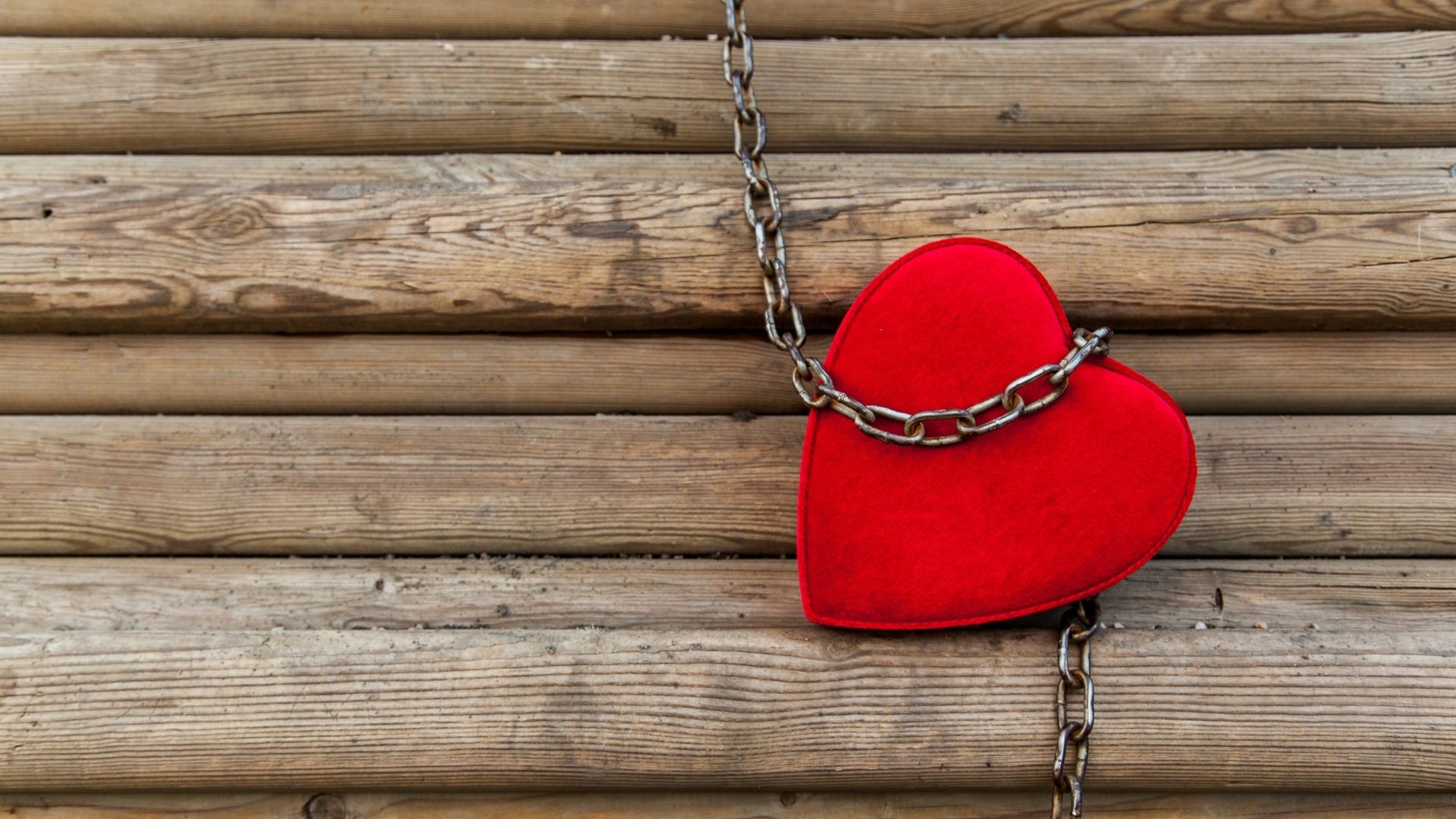In the blink of an eye, it’s that time of year that is both loved and dreaded — Valentine’s Day.
This longstanding day celebrating romantic love dates as far back as the 14th century, but in recent years, many have begun to question what exactly is society celebrating every 14th day of February.
Is it the disproportionate glorification of romantic relationships above platonic and familial ones? Or, is it the fact that the day itself has become a capitalistic cash grab for corporations to profit from? Many have turned to boycotting the day, or rebranding it “International Friendship Day”, even at the nationwide level.
Delving deeper, researchers across the world have begun to analyse the undercurrent of a social phenomenon that might be fuelling societal general bias towards being “in love” — Singlism.
What is Singlism?
Many may think that this is another made-up word Millennials are using. Not quite.
Coined by the Harvard social psychologist Bella DePaulo, the term singlism refers to the negative stereotyping and discrimination of adults who are single.
This generally refers to those who do not identify as “married” in their marital status, including anyone who is divorced, widowed, or unmarried.
A lesser-known ism — more commonly known ones would be racism or sexism — this negative image against singles is more inherent than intentional. “They are targets of negative stereotyping, interpersonal rejection, economic disadvantage, and discrimination,” she writes in a past article, Singles in Society and Science, dating back as early as 2005.
Acknowledgedly, singlism is a “nonviolent, softer form of bigotry than what is often faced by other stigmatised groups”, according to Dr DePaulo. This could be the reason why it is not as explicitly discussed.
Yet, when pointed out, it is “often regarded as legitimate”. Apart from the fact that the term has already been picked up by the likes of the Washington Post, the New York Times, and various scientific journals, there is compelling evidence to support that singlism can have tangible negative impacts on an individual’s finances, social life, and mental health.
In America, unmarried people can pay over $1 million more in healthcare, taxes, and housing costs than their married counterparts. Another study in Britain estimated a “singles penalty” of up to £2000 a year, manifesting in couples’ discounts for gym memberships, flight tickets, and home and car insurance, to name a few.
The list goes on.
In the workplace, singles are more susceptible to working overtime, being laid off first, or having fewer health insurance benefits. All these phenomena stem from the underlying assumption that singles live untethered from their family units, and have no other pressing commitments or dependents, if not for their nonexistent spouses or children.
Single women have arguably less autonomy over their bodies and how they are being perceived. In 2017, a Suffolk University survey revealed that more than 2 in 5 single women (42 percent) reported more unwanted sexual advances than 1 in 3 married women (30 percent).
Singlism in Asia
Is this phenomenon, however, only a problem in the west?

Dr Ivy Lau, a social psychologist and Associate Professor at the Singapore Management University (SMU), has found through her research that Asian cultures give generally similar results to preexisting North American studies.
“The basic negative perception of single people being an unhappy group is replicated,” says Dr Lau. “There is this developmental norm of going to school, graduating, getting a job, getting married, and then perhaps having two kids and a house. Those are normative milestones — and we don’t judge people well when they go against the norm.”
Surprisingly, the people who “choose” not to follow this norm are being judged more harshly, she adds, citing that divorced singles are deemed much more unhappy than those who were never married.
Conversely, a study in Israel found that divorcees are viewed slightly more positively than those who have always been single. “The argument is that, well, at least these people have succeeded once,” she laughs.
There previously existed older studies suggesting that married people live healthier, longer, and happier lives, but Dr Lau cautions against such generalisations.
“If you look closer, married people are actually less good at keeping up healthy BMIs, and are more likely to practise unsafe sex,” she says. “But then, we cannot reverse the argument to say that people who are not married must be unhappy.”
In fact, these observations might very well be more of a matter of reverse causation, wherein people who are already happier and healthier are more likely to attract and couple up with those who are like them. People who show more robust marriage advantages are also highly correlated with those who say that their spouse is their best friend.
Singlism is internalised
Being very much like ageism, Dr Lau points out that the most insidious thing about singlism is that it is internalised by most, if not, all of us. “It’s like how we didn’t stand up to defend ageism when we were younger, and when we become older, we get affected,” she says.
In the same way people become more anxious as they grow older, singles are more likely to report that they are more dissatisfied with their relationship status, and would like to change it.
And the insidious and very real consequence that follows? Singles are more likely to settle.
“There are actually studies showing that people who think negatively about being single are more likely to stay in, or choose to be in, unsatisfactory relationships,” says Dr Lau. “They lower their standards, and this fear of being single in turn affects relationship development.”
Worldwide and nationally, we have a rapidly growing population of singles. More than 2 in 5 (41.1 percent) of Singaporeans identify as single, widowed or divorced, and the proportion is likely to grow, with the number of marriages dropping by 5.8 percent from 2019 to 2020.
“If there is all this negative stigma around single people being unhappy, then we will have a very large group of unhappy people,” says Dr Lau.
In Dr DePaulo’s book, Singled Out, she comically imagined a world in which married people get the “singles treatment”. When you tell people you are married, for example, they tilt their heads and say things like “Don’t worry honey, your turn to divorce will come!” Or, perhaps, when travelling with a spouse, you each have to pay more than when you travel alone.
This Valentine’s Day, perhaps instead of celebrating those who are safely out of the range of the “single-shaming” fire, we could start to reevaluate how we perceive success in interpersonal relationships — both in ourselves and others.
Join the conversations on TheHomeGround Asia’s Facebook and Instagram, and get the latest updates via Telegram.





























